Pet Care
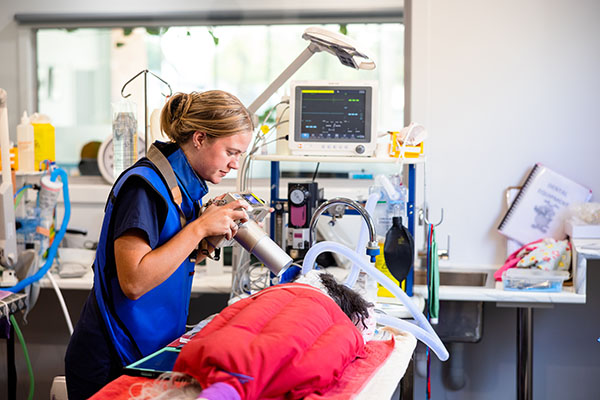
Dentistry is a rapidly growing area of veterinary science. We have seen a greater awareness over the last 25 years of its importance to the overall health of the animals we treat.
Just like your teeth, your pet’s need looking after too. The health of your pets’ teeth and gums has a significant impact on the overall quality of their life.
Dental disease can cause significant oral pain and tooth loss. Common signs of dental disease include:
- yellow-brown tartar around the gumline
- inflamed, red gums
- bad breath
- change in eating or chewing habits (especially in cats)
- pawing at the face or mouth
- excessive drooling
- pain or bleeding when you touch the gums or mouth.
Our experienced veterinarians can detect any dental issues in your pet in a normal consultation and can advise on the necessary treatment and prevention options available. We offer free dental checks at any time via an appointment.
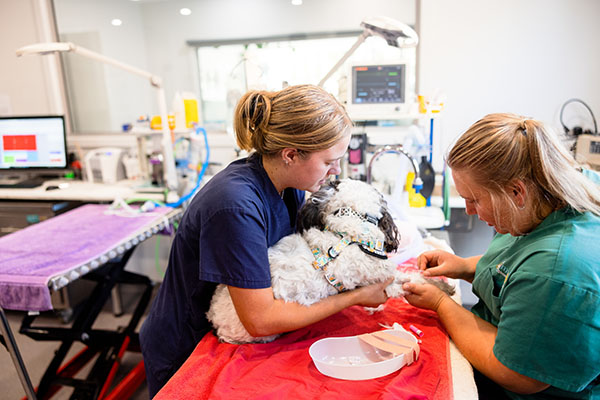
Desexing or neutering your pet is a surgical procedure that prevents them from being able to reproduce. In male pets it is commonly referred to as “castration” and in female pets as “spaying”.
This is the most common surgery performed by our qualifed vets at myvet Strathfieldsaye.
The most common age to desex your pet is around 6 months, however they are never too old to be desexed.
There are many benefits to desexing your pet before six months. They include:
- Preventing unwanted litters which can be very costly, and may add to the already overwhelming number of stray animals that are put down each year.
- Prevention of testicular cancer and prostate disease in males, and it can help prevent pyometra (infection of the uterus) and mammary tumours (breast cancer) in females.
- Stopping the “heat” cycle in females.
- Decreasing aggression towards humans and other animals, especially in males.
- Being less prone to wander, especially in males.
- Living a longer and healthier life.
- Reduction of council registration fees.
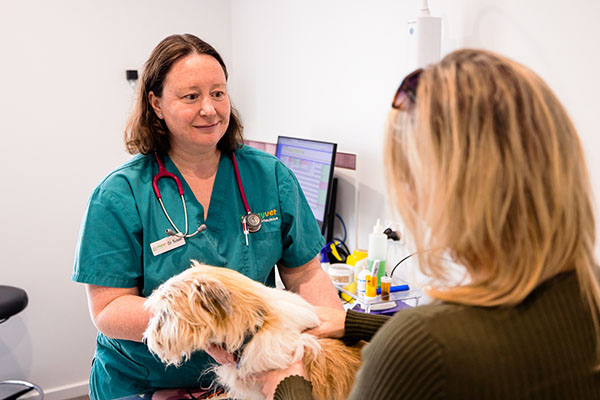 Fleas are a very common parasite which cause itchiness, irritation and redness in your animal. Fortunately, they are quite easy to treat and at myvet Strathfieldsaye we offer a range of products to suit your pet’s needs.
Fleas are a very common parasite which cause itchiness, irritation and redness in your animal. Fortunately, they are quite easy to treat and at myvet Strathfieldsaye we offer a range of products to suit your pet’s needs.
Dogs and cats can have a reaction to flea saliva resulting in a skin condition called flea allergy dermatitis (FAD). Treatment of FAD can be complicated and veterinary consultation is recommended.
Some signs that your pet may have fleas include scratching, biting and hair loss, especially at the base of the tail and rump. It’s likely you will also see the fleas especially over the rump and in the groin region.
Warning: Some non-veterinary brands of flea treatments for dogs are potentially lethal when applied to cats. Always seek veterinary advice about the best flea treatments for your pet.
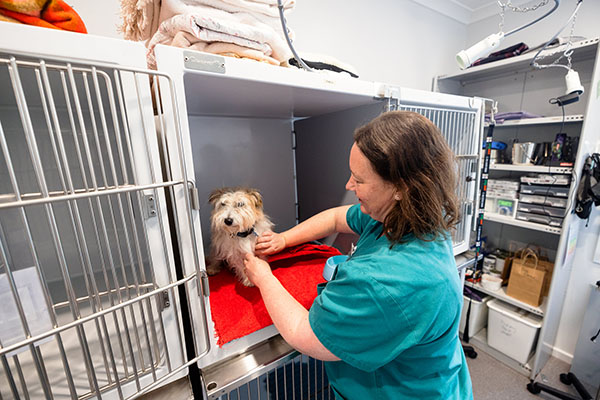 Most species of animals can be infected with intestinal worms including dogs, cats, rabbits, horses, fish, birds and reptiles. The two categories of worms that may affect our pet dogs and cats are intestinal worms and heartworms.
Most species of animals can be infected with intestinal worms including dogs, cats, rabbits, horses, fish, birds and reptiles. The two categories of worms that may affect our pet dogs and cats are intestinal worms and heartworms.
Intestinal worms
Intestinal worms can be detrimental to your pet’s health. The common intestinal worms we treat are roundworm, tapeworm, whipworm and hookworm.
You need to worm your puppies and kittens when they are two, four, six and eight weeks old, and then every month until they are six months old. Thereafter dogs and cats should be treated every three months. Untreated, intestinal worms can cause your pet to lose body condition and even vomiting, diarrhoa and anaemia.
The team at myvet Strathfieldsaye is available to provide you with advice and effective treatment for intestinal worms in your pet.
Heartworm
Heartworm (Dirofilaria immitis) is a parasite that is spread by mosquitoes, so you pet does not even need to be in contact with other pets to become infected!
Heartworm can cause a physical blockage as well as thickening of the heart and associated blood vessels. In the early stages of infection there may be no visible signs, however, infection may eventually lead to signs of heart failure (reluctance to exercise, lethargy, coughing) and even death.
Heartworm is present throughout most of Australia (except Tasmania and arid areas).
Thankfully, heartworm is very easy to prevent and should form part of your pet’s health care routine. The team at myvet Strathfieldsaye can provide you with advice and effective treatment options for your pet.
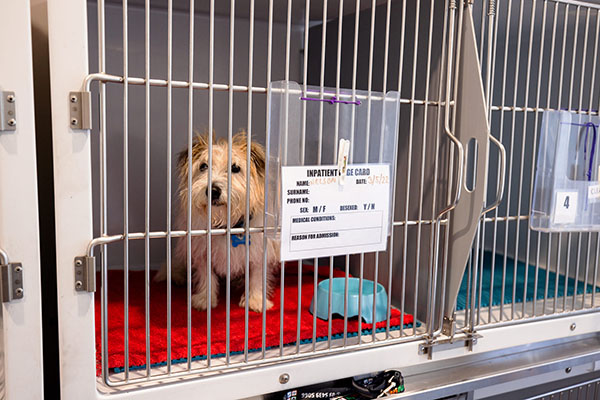 Pet insurance is becoming more and more popular in Australia. It offers you peace of mind as it covers some or all of the treatment costs if your pet was ever involved in an accident or suffers a sudden illness. There is no equivalent of Medicare for pets, thus often treatment costs exceed what an equivalent problem would cost for a human patient.
Pet insurance is becoming more and more popular in Australia. It offers you peace of mind as it covers some or all of the treatment costs if your pet was ever involved in an accident or suffers a sudden illness. There is no equivalent of Medicare for pets, thus often treatment costs exceed what an equivalent problem would cost for a human patient.
There are several companies that offer pet insurance and the staff at myvet Strathfieldsaye can provide you with advice on finding the one that best suits your needs and your pet.
What does pet insurance cover?
Individual packages vary in the type of treatment covered. However, they usually include most accidents and unexpected illnesses. You need to consider the differences between policies, in particular the claim excess amount, proportion of treatment costs covered, annual claim limit, age restrictions, pre-existing illness exclusions and policy costs.
We highly recommend pet insurance. If you would like information regarding the different insurance agencies, drop into our clinic and pick up a brochure.

